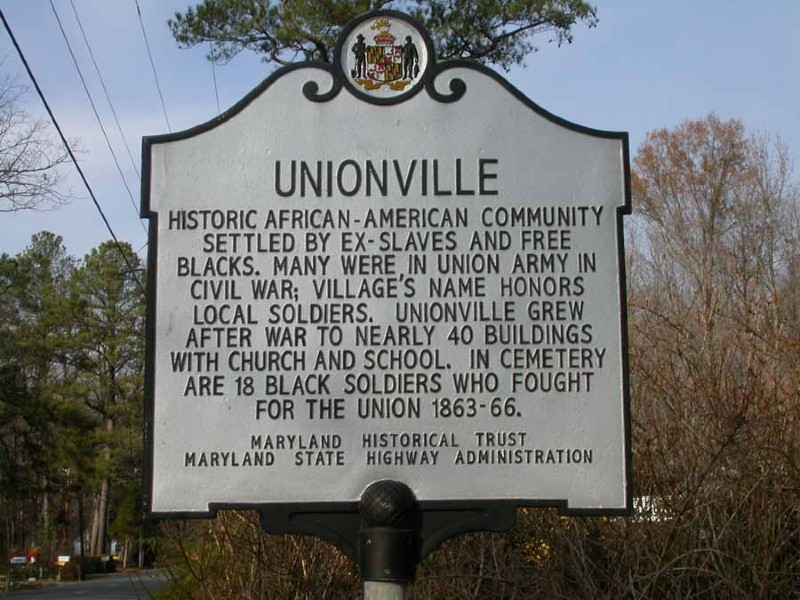Preservation Maryland Waxter Intern Matthew LaRoche has been awarded one of four Underground Railroad research fellowships from the Maryland Office of Tourism and the Maryland State Archives funded by the National Park Service’s 400 Years of African American History Commission.
The fellowship award will allow LaRoche to focus his research started with Preservation Maryland into four Network to Freedom applications. Matthew LaRoche is currently pursuing a dual Masters’ degree in Library Science and 19th-Century U.S. History at the University of Maryland, College Park and spent his undergraduate years at Gettysburg College interning for the National Park Service at Harpers Ferry and Gettysburg. Matt has made it a passion to introduce the public to history, interpretation, and preservation that produces narratives that are both precise and emotionally resonant.
 Matt stated, “History demands to be reckoned with, perhaps now more than ever, and doing so takes effort, creativity, and community. In a very real sense, there is nowhere else I would rather be.”
Matt stated, “History demands to be reckoned with, perhaps now more than ever, and doing so takes effort, creativity, and community. In a very real sense, there is nowhere else I would rather be.”
Matt’s research has been invaluable to Preservation Maryland’s efforts to research and document Underground Railroad sites on Maryland’s Eastern Shore. His research has informed a forthcoming laser scanning initiative by the National Center for Preservation Technology & Training, a unit of the National Park Service based in Louisina. Moreover, aspects of this collaborative project will be made available to property owners, and the larger public through the databases and archives of the Network to Freedom, the Maryland State Archives, and the Maryland Historical Trust. The laser scanning is scheduled for Spring 2021 while the Network to Freedom applications will be submitted in July 2021 for review by the National Park Service.
MEET THE OTHER FELLOWS
Information included in the Maryland Office of Tourism press release:
Alexandra McDougle, a biocultural anthropologist who is currently working on her Master’s Degree in Anthropology at American University with a focus on the biological implications of racism and structural violence in black communities. Ms. McDougle is looking forward to gaining a broader understanding of enslavement in Maryland and particularly the ways resistance efforts such as the Underground Railroad connected Free and enslaved communities across Maryland. She is also looking forward to creating and curating public programming about enslavement, utilizing multiple methods of audience outreach to reach communities across and outside of Maryland, along with making historical sites more engaging and accessible to all audiences
Kamryn Nelson, a candidate for a Bachelor of Arts degree in History at Howard University with a focus on becoming a historian of the African Diaspora. Kamryn served as a former intern of Senator Kamala Harris and believes this experience will help him gain a new perspective on analyzing and interpreting African-American History and Culture. Kamryn hopes that his research will assist communities in Maryland to easier access and better information regarding the ties between slavery and African Americans based on certain sites. Kamryn stated, “I see many African-American communities’ youth who don’t know much about their history and culture. To break this cycle is my end goal and being a part of a Fellowship like this would be the first step to achieving this goal.”
Angela Bailey earned her BA in Anthropology with a minor in museum studies from St. Mary’s College of Maryland and is currently in a dual Master’s Degree program in Applied Anthropology and Historic Preservation at the University of Maryland. She is focusing on historic archaeology and is interested in studying the history of slavery in the mid-Atlantic on plantation sites. She has experience with working on archaeological excavations in Southern Maryland and is currently a federal collections intern at the Maryland Archaeological Conservation Lab. Angela is looking forward to collaborating with the fellows and local communities in researching the Underground Railroad in Maryland to create accessible historic resources.

